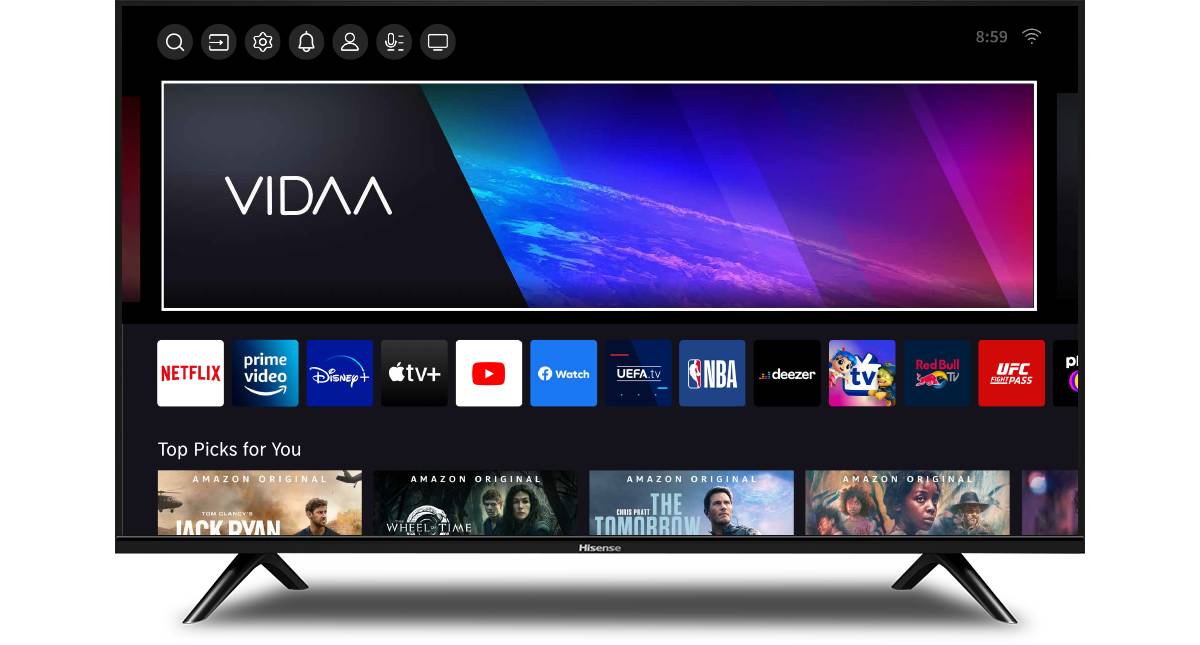 Apple’s upcoming privacy changes to its iOS 14 operating system, set to come into effect at some point later this year, could potentially deal a significant blow to Facebook’s ad business. Whilst the changes will hit almost everyone in mobile advertising to some degree, it’s unusual to see Facebook adversely affected.
Apple’s upcoming privacy changes to its iOS 14 operating system, set to come into effect at some point later this year, could potentially deal a significant blow to Facebook’s ad business. Whilst the changes will hit almost everyone in mobile advertising to some degree, it’s unusual to see Facebook adversely affected.
Up until now, both the raft of new privacy regulations and the decision by various web browsers to retire the cookie, have for the most part worked in Facebook’s favour. Why? Because the social giant has a treasure trove of first party data gathered from users across Facebook, Instagram and WhatsApp, along with a huge amount of data gathered from outside its own properties. These vast and highly detailed datasets have made Facebook seem almost immune to the move towards privacy compliance.
However, this time it might be different. With the release of iOS 14, Apple is placing new restrictions on its mobile advertising identifier, the IDFA (Identifier for Advertisers).The IDFA is an ID tied to each specific Apple phone or tablet, which allows advertisers and ad tech companies to track users’ activity across different apps.
Currently, users are able to stop apps from using the IDFA or reset their IDFA from within their device settings. But after the update, apps will have to ask for explicit consent to be able to use the IDFA.
We can’t know for sure what proportion of users will opt in to use of the IDFA. But the language used in Apple’s consent request, which asks for permission to “track you across apps and websites owned by other companies”, doesn’t seem likely to result in high opt-in rates.
Without access to the IDFA, apps including Facebook are limited in their ability to track users and collect data on how they interact with other apps. With significantly less user data about what users do outside of its walled gardens, Facebook is less able to accurately target users based on the behaviour.
Matt Barash, SVP of strategy and business development at AdColony, a mobile ad tech company, said Apple is signalling that privacy will take priority over personalisation on Apple devices. “For a company like Facebook that has been so reliant on its trove of user data, this represents a major curveball,” he said.
Facebook itself has hinted that the IDFA changes are a concern. Shortly after Apple announced the changes, Facebook released a blog post titled “The Value of Personalized Ads to a Thriving App Ecosystem”. Facebook said internal tests have shown publishers make 50 percent less revenue on non-personalised mobile app install ads, compared to personalised ads.
On an earnings call last month, Facebook’s chief financial officer David Wehner said the IDFA changes will “at the very least […] make it harder for app developers and others to grow using ads on Facebook and elsewhere […] Our view is that Facebook and targeted ads are a lifeline for small businesses, especially in a time of COVID. And we are concerned that aggressive platform policies will cut at that lifeline at a time when it is so essential for small business growth and recovery”.
Heavier reliance on mobile tracking
On the surface, the challenges presented by Apple’s IDFA update seem similar to those posed by browsers’ elimination of third-party cookies. Both restrict businesses’ ability to track users outside of their own properties.
But Facebook is likely far more concerned about changes to mobile, since it’s more heavily reliant on being able to track across different apps for mobile advertising.
Third-party apps use Facebook’s software development kit (SDK) to collect signals for advertising. Ari Paparo, CEO of demand-side platform Beeswax, said these signals are used for things like retargeting and general audience profiling. “The loss of IDFA is a big blow to this type of data collection, which will then make their ads less targeted”, he said.
These audience profiles are also key to Facebook Audience Network (FAN), a product which lets advertisers extend their Facebook campaigns onto partnered third-party apps.
“The Facebook Audience Network will have a much harder time reaching users on apps where the IDFA is not available,” said Paparo.
FAN used to cover mobile web advertising as well as in-app, but shut down the mobile web arm earlier this year, following Google’ announcement that it would end support for third-party cookies on Chrome. With cross-app tracking made much more difficult, Facebook could decide to shut down FAN completely.
But even for ads served within Facebook’s own apps, behavioural data generated from third-party apps is very valuable.
Facebook doesn’t break out in its financial results how much it makes from mobile app install ads. But the data available suggests it’s a significant amount. Mobile attribution company AppsFlyer says global app install ad revenues reached $57.8 billion last year. And Facebook takes a significant chunk of the market. AppsFlyer’s data earlier this year showed that Facebook ran more mobile app install ads on iOS than any other company.
A lot of Facebook’s success here is down to its ability to track which users are most likely to install an app, and to spend money on that app.
“Time spent in mobile apps is predominantly split between social and gaming,” said AdColony’s Barash. “While Facebook has owned the social space they have also become an intrinsic part of the game developer community by providing scale for user acquisition, and growth and data and insights to enable and enhance user experiences.”
Advertising to the right users can be make or break for mobile apps. For example, free-to-play apps with in-game purchases tend to be reliant on ‘whales’ – a small group of users who spend a lot of money within the app. One study from app testing firm Swrve found that 0.15 percent of mobile gamers contributed 50 percent of total revenues.
Facebook’s ability to identify and target these sorts of users is therefore hugely valuable. But it uses the IDFA to do so.
“Facebook has among the largest cost-per-install (CPI) businesses in the world,” said Beeswax’s Paparo. “Without IDFA it will not have precise signals on the conversion events and will have to use either rough estimates or the limited tracking available through Apple’s SKAdNetwork [a tool released by Apple to enable app install attribution in a privacy preserving manner].”
Uncertainty still remains
Barash said he believes Apple’s IDFA changes will “level the playing field for all players dependent on the app economy”. Companies like Facebook, which have dominated the mobile app install ad market, will lose some of the advantage gained by their advanced targeting capabilities.
But there is obviously still uncertainty on the full impact of the IDFA changes.
It remains to be seen what the opt-in rates among consumers will be. And some in the industry are hoping to persuade Apple to change course. The Partnership for Responsible Addressable Media, an industry coalition whose members include the IAB, P&G, NBCUniversal and The Trade Desk, is petitioning Apple to leave the IDFA untouched.
On the other end of the spectrum, some believe this first move by Apple might be a precursor to removing the IDFA completely. “Today’s standard will be followed by a transition period, and what happens after that remains unclear,” said Barash.




